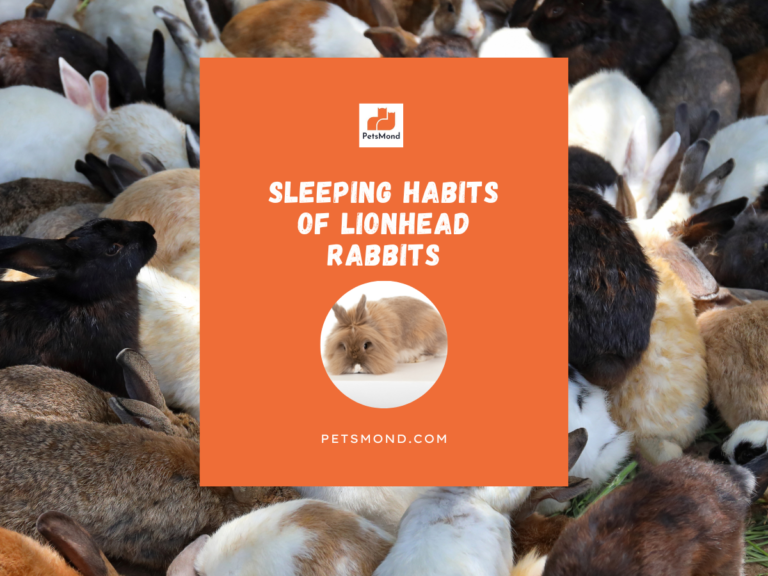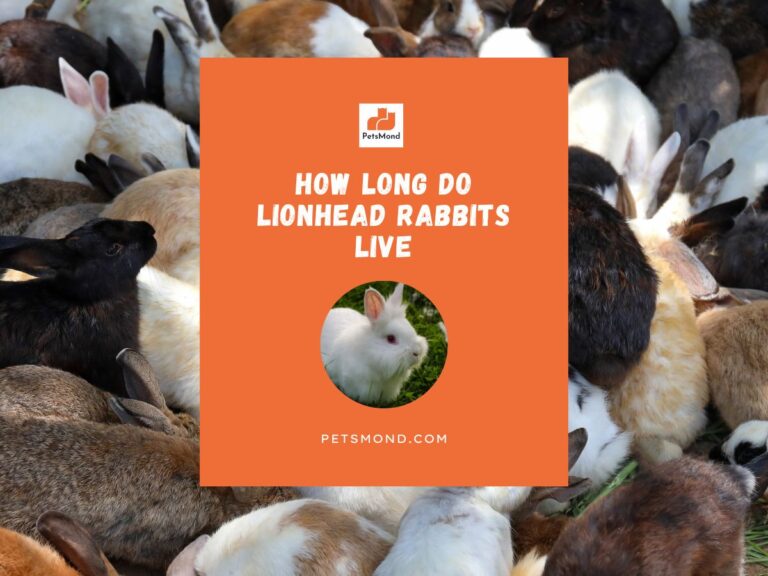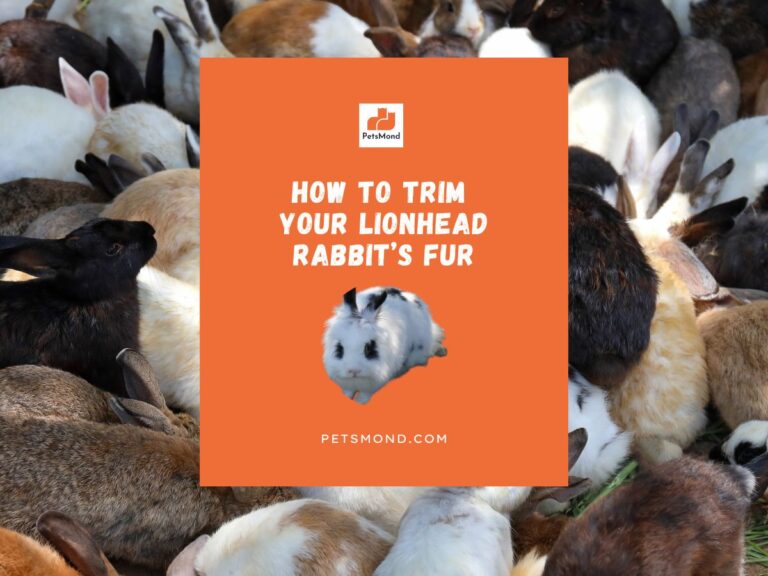Is Douglas Fir Safe For Rabbits? (Toxic & Non-Toxic Woods)
When you get a rabbit home, you are often instructed about giving the right environment. But, what is the best liner? Are all woods recommended? Well, not really! I was initially instructed to use douglas fir and a lot of other wood shavings. Before we go into detail on the exact lining I use and recommend to other rabbit owners, let us first find the answer to a question.
Is Douglas fir safe for rabbits? Douglas fir is moderately safe for rabbits but ensure that they do not eat them regularly and excessively. The needles of the Douglas fir can cause mild to moderate stomach upset in rabbits if ingested in large quantities. Ensure that your rabbit has access to hay, fresh vegetables, and water to help avoid any potential problems.
Every wood has a specific characteristic and can impact your rabbit differently. Let us take a look at toxic and non-toxic woods for rabbits.
What wood is safe for rabbits?
Insisting on the safety of the rabbit can have a great impact on the emotional and overall wellbeing. When you care for your rabbit, remember to pay attention to the type of wood you use.
According to Kat Walden from Mom.com, providing a non-toxic wood to your rabbit as a chew toy can kill boredom and keep him active.
Some of the woods safe for rabbits to chew on are right here.
- Birch
- Apple
- Willow
- Raspberry
- Ash
- Cottonwood
- Hazlenut
- Spruce
- Poplar
Well, it doesn’t stop there. There are certain woods that remain like the cat on the wall. They are partially toxic. And, some other woods remain entirely toxic.
Some woods even attract ants. Here’s an article – Do ants harm rabbits?
Toxic wood for rabbits
While there are several kinds of wood safe for rabbits, there are unsafe and poisonous ones as well.
1. Pine
It is a poisonous wood as it contains phenols. Your rabbit may suffer from liver damage if he ingests pine.
2. Cedar
This is a soft wood that is poisonous to rabbits. It contains natural oils that are toxic to your rabbit and can cause liver damage.
3. Oak
Oak is a poisonous wood for rabbits as it contains tannins. These tannins can cause gastrointestinal problems in your rabbit leading to diarrhea.
4. Bamboo
Bamboo is safe for rabbits to eat, but the wood is poisonous. Bamboo contains cyanide which can be lethal to your rabbit.
5. Yew
Yew is a poisonous wood for rabbits as it contains taxine. This substance can cause vomiting, diarrhea, and difficulty breathing in your rabbit.
Avoid giving your rabbit any of these woods, as they can be very harmful to their health. If you think your rabbit has ingested any of these woods, contact your veterinarian immediately.
The effects are quite similar to eating toxic succulents. If you have succulents at home, you should know – can bunnies eat succulents?
What kind of wood do you use for a rabbit hutch?
For a rabbit hutch, you can use woods from ash, cottonwood, spruce, and willow trees. However, if you have pinewood with you, ensure it is untreated and experiment with a small quantity. It is best to avoid woods that are termed toxic to rabbits.
Remember to avoid woods that retain moisture and create a wet tail. Here’s an article on wet tail – Does wet tail kill rabbits?
FAQ
Do rabbits need shavings in their cage?
Shavings in rabbit’s cages give them extra comfort and improve their skin levels as they don’t get soaked in water/urine. It also controls the smells in their cage.
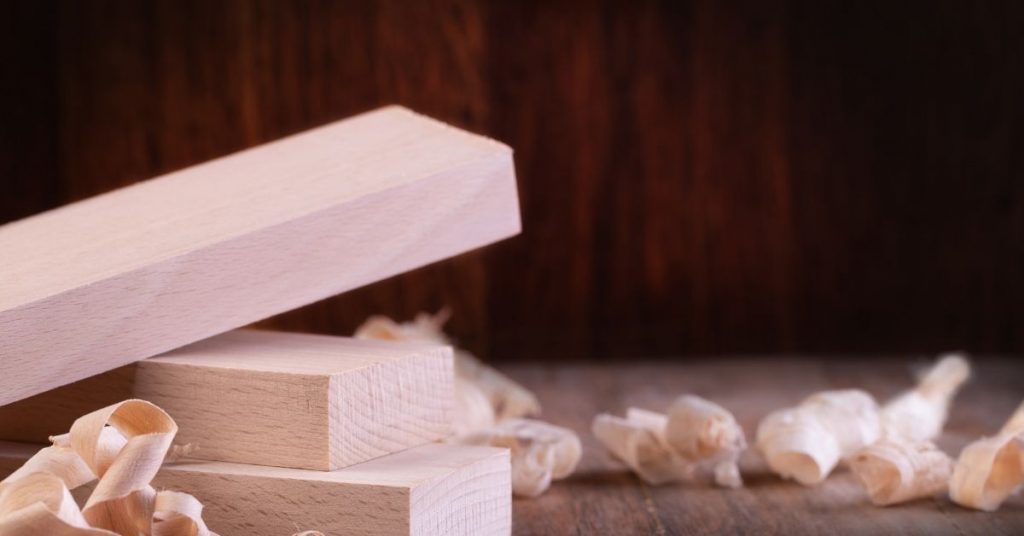
It is ideal to include shavings from wood that are absolutely safe for rabbits. You can also get compressed pellets of wood shavings that expand when soaked in water.
What should you line a rabbit cage with?
You can use newspapers, hay, and soft bedding material to line the cage. Avoid using hard materials like wires that can damage their bodies as they sit in the cage. You should also clean the cage regularly to ensure your rabbit’s health and wellbeing.
“I use newspapers, hay, and a soft cloth as the liner for all my rabbits. This has worked wonders.”
In fact, this approach also eliminates the onion-like smell in the urine.
If you have a rabbit whose urine smells like onion, here’s an article – why does my rabbit smell like onions?
Is hardwood safe for rabbits?
Hardwood is quite safe for rabbits but it is ideal to use it in the shredded format to increase absorbing quality. Ensure that the hardwood is safe and you are completely aware of the properties of its twigs and logs before using them.
Is Pine safe for rabbits?
Fresh, untreated pine is unsafe due to phenols in it while a dyed pine is moderately safe. If you are unsure of the condition, you can eliminate it entirely.
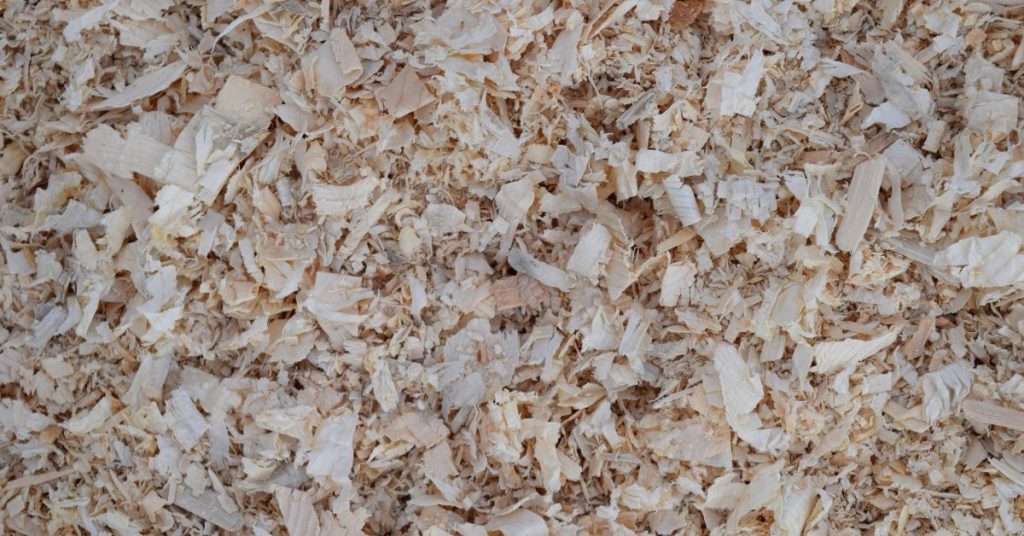
Older pine that has been weathered is considered safe for rabbits. Avoid any pressure-treated wood as it may be toxic.
Some bunnies enjoy chewing on pine, but it’s not the best option nutritionally. If your bunny must have pine, make sure it is untreated and offer other more nutritious options as well.
Are fir trees poisonous to rabbits?
Fir trees are not poisonous but can become harmful if rabbits eat them regularly. If a fir tree is the only thing available to a rabbit, he will likely eat it. However, eating fir trees can cause digestive problems and other health issues for rabbits.
It’s best to provide other food sources and avoid letting rabbits eat fir trees.
Is cypress fir safe for rabbits?
Cypress fir contains phenolic compounds that are highly poisonous to rabbits. You should avoid rabbits getting near cypress fir trees or eating any part of the tree. If your rabbit does ingest cypress fir, he will likely experience gastrointestinal upset and may die.
Is chinese fir wood safe for rabbits?
Chinese fir wood is toxic to rabbits due to the phenolic compound in it. This compound is also found in other woods such as oak and yew. If your rabbit ingests this wood, it can cause liver damage and potentially death.
Symptoms of toxicity include lethargy, decreased appetite, and dark urine. If you think your rabbit has ingested Chinese fir wood, take him to the vet immediately.
Treatment will likely involve giving your rabbit fluids and supportive care. Prevention is the best medicine, so make sure your rabbit has plenty of safe, nontoxic toys and chewable to keep him/her entertained.
Is spruce safe for rabbits?
Raw, pesticide-free spruce is entirely safe for rabbits. When the spruce is treated with chemicals, you need to avoid giving it to your bunny. If your rabbit has ever nibbled on spruce during a playtime session, there’s no need to worry.
As long as your spruce is free of pesticides and other chemicals, it’s perfectly safe for your rabbit to enjoy. So go ahead and let your bunny have a little taste of spruce the next time you’re out enjoying a walk in the woods together. Just be sure to keep an eye on your rabbit to make sure they don’t start nibbling on any other plants that could be harmful.
Is birch wood safe for rabbits?
Birch wood is completely safe for rabbits. Just ensure that it is not treated with harmful chemicals. As with any type of wood, there is a small risk of your rabbit chewing off and swallowing small pieces.
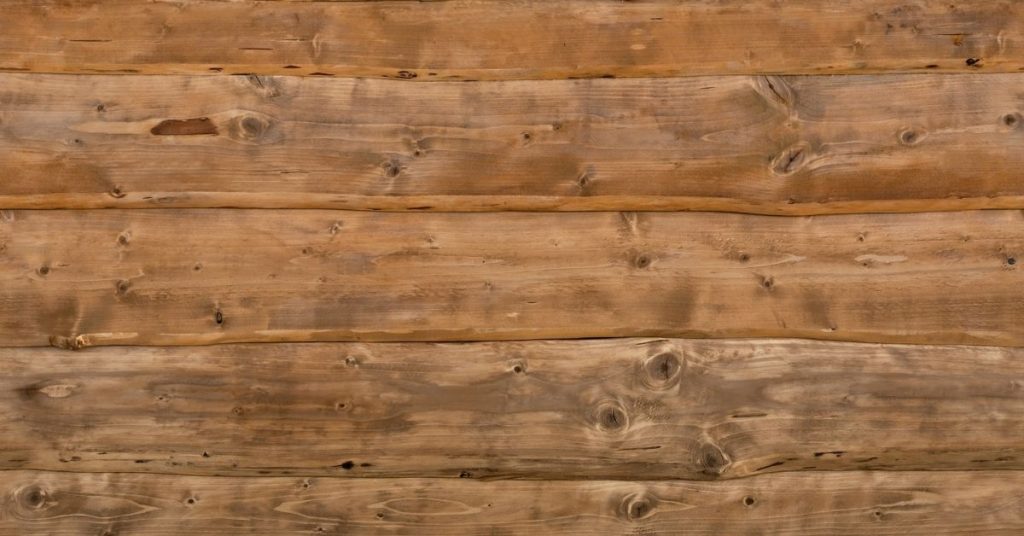
If you’re concerned about this, you can provide your rabbit with plenty of hay to chew on, or give them wooden toys to gnaw on instead.
Is bamboo safe for rabbits?
Bamboo, a natural type of wood, is absolutely safe for rabbits and is also their favorite. This is because the plant is very similar to hay, which makes up the majority of a rabbit’s diet. Bamboo is high in fiber and low in sugar, both of which are essential for a healthy rabbit diet.
In addition, bamboo is also a great source of chew toys for rabbits, as they love to gnaw on it. So go ahead and give your furry friend some bamboo – they’ll love you for it!
Is oak wood safe for rabbits?
Oak wood is a moderately safe form for rabbits but then it is recommended to avoid rabbits ingesting it. The tannins present in oakwood can cause gastrointestinal upset in rabbits.
If you do choose to use oak wood, make sure it is free of any chemicals or finishes. You should also avoid using pressure-treated wood, as it may be toxic to rabbits.
Is acacia wood safe for rabbits?
Acacia wood is unsafe for rabbits. Twigs and flowers of acacia are highly poisonous. So, it is better to avoid using acacia wood in your rabbit’s enclosure.
If your rabbit has ingested any part of acacia, it is advisable to contact a veterinarian immediately.
Is cedar safe for rabbits?
Cedar tops the list of toxic woods for rabbits. When chewed, the aromatic oils are released and can cause liver damage. Cedar shavings are often used as bedding for small animals but should be avoided.
If you’re looking for a safe alternative, bundles of hay are a good choice.
Is maple wood safe for rabbits?
Maple wood is safe for rabbits, but there are a few things to keep in mind.
- First, avoid giving your rabbit maple branches with leaves attached, as the leaves can be poisonous.
- Second, make sure the wood is free of chemicals and pesticides.
- Third, avoid giving your rabbit any splinters from the wood.
If you follow these guidelines, maple wood should be perfectly safe for your rabbit to chew on.
Is rattan safe for rabbits?
Rattan, as a toy, is safe for rabbits but not ideal for intakes. If your rabbit does ingest rattan, it could cause an intestinal blockage. If you do give your rabbit a rattan toy, make sure to monitor him closely.
Is cork safe for rabbits?
Cork is safe for rabbits if you are using it to create a lining or a natural environment. However, consuming cork can be harmful.
Cork is a type of tree bark that is often used in winemaking and as a lining for floors and walls. It is soft and spongy, which makes it safe for use in creating a natural environment for rabbits.
Are acorns safe for rabbits?
Acorns are highly poisonous to rabbits. If your rabbit has eaten even one acorn, it could die. Acorns contain a toxin called tannic acid, which can cause liver damage in rabbits.
Symptoms of acorn toxicity include vomiting, diarrhea, weakness, and seizures. If you think your rabbit has eaten an acorn, take him to the vet immediately.
Is pine wood safe for rabbits?
Dyed, treated pine wood is moderately safe while pine shavings can be extremely harmful even for bedding purpose. If you want to use pine for your rabbits, make sure it is untreated, natural wood.
You should also avoid letting your rabbit chew on pine as it can be a choking hazard.
Final Thoughts
It can be something trivial to set up the cage for your bunny but it costs his/her life. Hence, spending extra time in choosing the wood and creating a safe enclosure keeps him/her safe, comfortable, disease-free, and predator-free.
If I were to recommend you the best liner, I’d definitely suggest the natural option of combining hay and newspaper to create soft bedding.
Use this technique and tell me how this worked.



